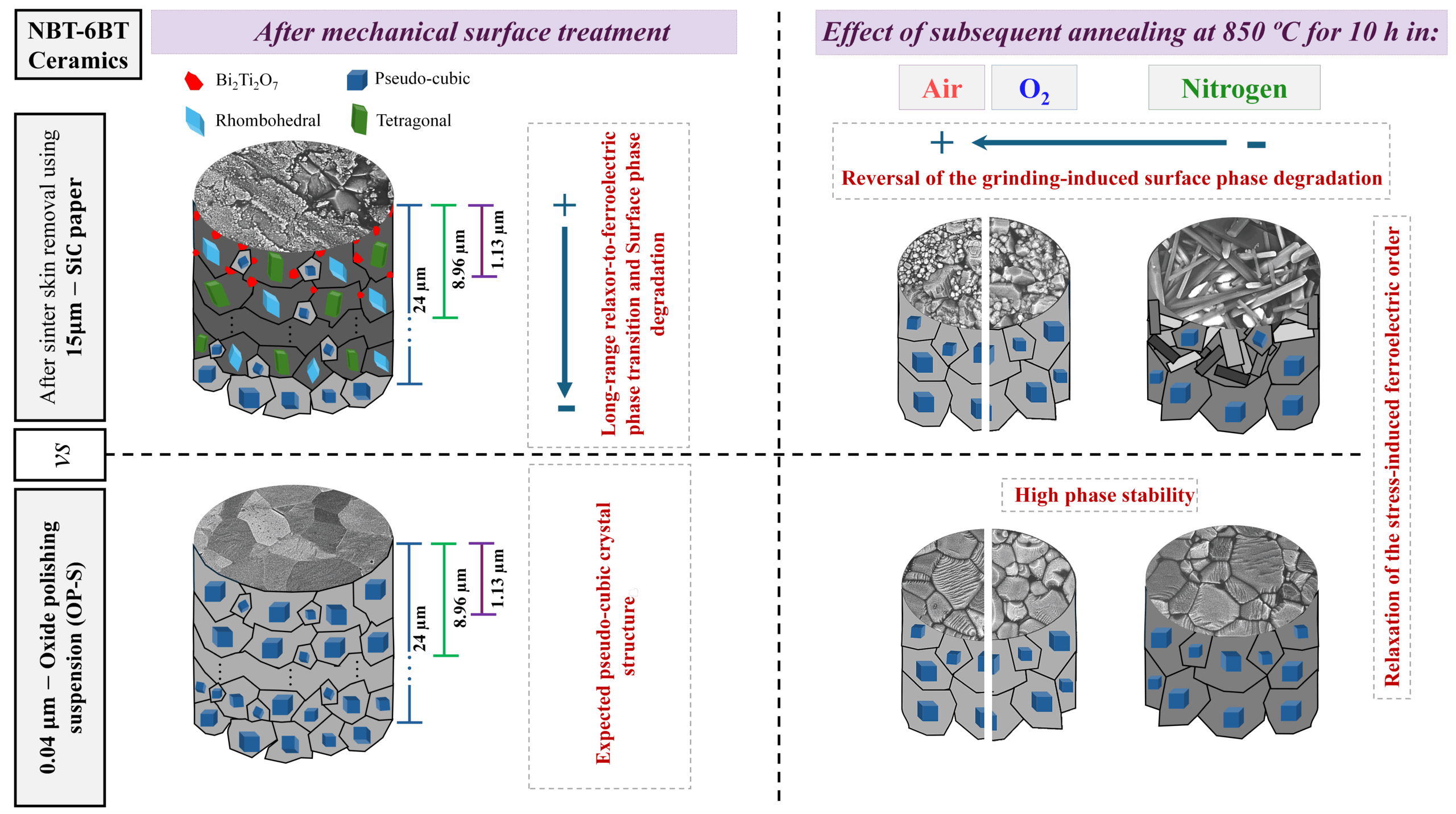Here’s a selection of what we’re hearing.
Corning launches ultra-slim flexible glass
Corning Incorporated launched Corning Willow Glass, an ultra-slim flexible glass, which could revolutionize the shape and form of next-generation consumer electronic technologies. Corning Willow Glass will help enable thin, light and cost-efficient applications including today’s slim displays and the smart surfaces of the future. The thinness, strength, and flexibility of the glass has the potential to enable displays to be “wrapped” around a device or structure. As well, Corning Willow Glass can be processed at temperatures up to 500° C. High temperature processing capability is essential for today’s high-end displays, and is a processing condition that cannot be supported with polymer films. Corning Willow Glass will enable the industry to pursue high-temperature, continuous “roll-to-roll” processes – similar to how newsprint is produced – that have been impossible until now.
Morgan Thermal Ceramics announces FireMaster FireBarrier high performance fire protection
Morgan Thermal Ceramics announces the availability of its FireMaster FireBarrier 135 sprayed refractory cement, which offers superb fire protection and simple, cost effective installation. FireMaster FireBarrier 135 is ideal for concrete tunnel lining fire protection and the fire protection of ventilation shafts, escape tunnels and refuges as well as critical systems such as water mains and communication cables. FireMaster FireBarrier 135 has been specially developed for the high temperatures that may occur in tunnel fires. Unlike most other products used for tunnel fire protection, FireMaster FireBarrier 135 can withstand repeated and prolonged exposure to high-temperature exposure. It can be installed onto concrete or metal substrates using standard spray equipment.
Designing for Impact II—Workshop on building the national network for manufacturing innovation
The DOE office of Energy Efficiency and Renewable Energy is holding a workshop on July 9, 2012 in Cleveland, Ohio. This regional workshop, second in a series to be held across the nation, provides an opportunity for representatives from industry, academia, and government to share perspectives, pose questions, and propose ideas to design the proposed National Network for Manufacturing Innovation. This Designing for Impact workshop will acquaint US manufacturing stakeholders with the principles and concepts motivating this public-private national initiative, as proposed in the President’s budget for Fiscal Year 2013, and will provide a forum for public discussion of this new initiative. Most of the workshop will be devoted to interactive sessions designed to solicit ideas on how to best structure the NNMI and its regional hubs-Institutes for Manufacturing Innovation.
Compact and flexible thermal storage
Working together with industrial partners such as ZeoSys GmbH in Berlin, scientists from the Fraunhofer Institute for Interfacial Engineering and Biotechnology IGB in Stuttgart are currently developing a new type of thermal storage system. This new system can store three to four times the amount of heat that water can, so it only requires storage containers around a quarter the size of water tanks. Moreover, it is able to store the heat loss-free over lengthy periods of time and can even operate at temperatures well in excess of 100 degrees Celsius. The new system contains zeolite pellets, from the Greek zeō, meaning ‘boil’ and lithos, meaning ‘stone’. Normally this material is used as an ion exchanger, for example to soften water. Because zeolites are porous, they have a huge surface area: A single gram of these pellets boasts a surface area of up to 1000 square meters. When the material comes into contact with water vapor, it binds the steam within its pores by means of a physicochemical reaction, which generates heat.
Author
Eileen De Guire
CTT Categories
- Basic Science
- Energy
- Glass
- Thermal management


